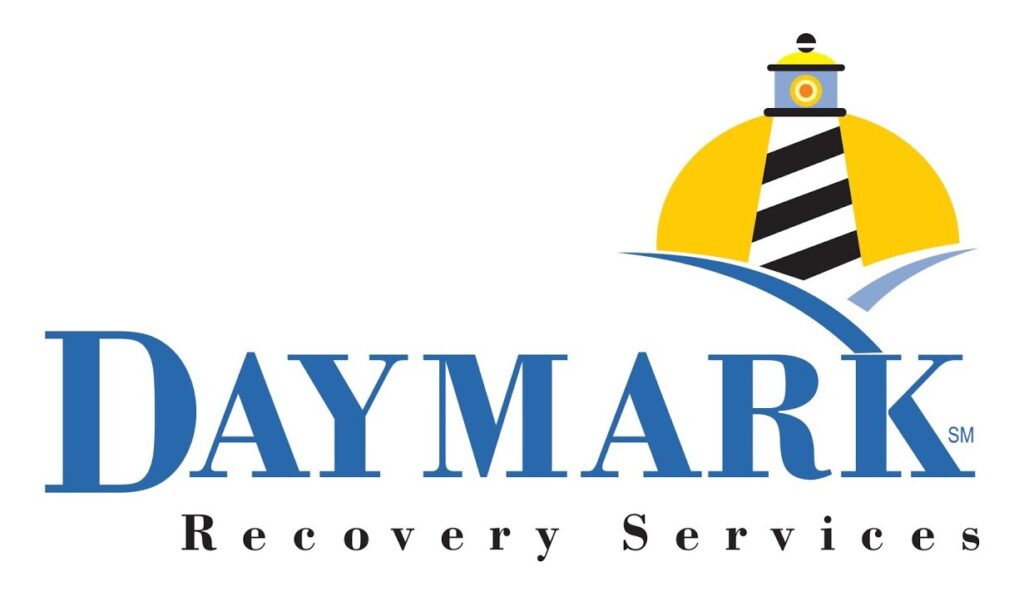In May 2024, the Atrómitos Way Podcast focused on the youth mental health crisis, especially in rural areas where children and their parents often face significant obstacles in accessing care. Our episode, “Rural Telehealth: Transforming Child Mental Health,” with Billy West, the CEO of Daymark Recovery Services, explored these barriers to care and highlighted an innovative solution that made a difference in rural North Carolina.
Mental Health Services in Rural Areas
Mental health impacts millions of young people each year. In fact, nearly 1 in 6 children ages 6 to 17 experienced a mental health disorder, according to 2016 data from the National Alliance on Mental Illness (NAMI). With suicide as the second leading cause of death among kids ages 10 to 14, conditions like depression need to be diagnosed and treated regardless of where a patient lives. Mental health affects kids living in both rural and urban areas, according to Billy. But children living in the country often face unique barriers to care including provider shortages, limited transportation options, and inconsistent broadband connectivity.
With fewer therapists, psychiatrists, and youth suicide prevention services available in rural regions, finding even basic care is nearly insurmountable. According to 2023 NAMI data, patients living in rural areas must travel twice the distance to the nearest hospital and are twice as likely to miss out on telemedicine services due to poor broadband connectivity.
While many rural children receiving other human services face additional stressors such as housing instability, stigma continues to be the most significant barrier to seeking out mental health services, according to a study conducted in rural Washington State.
Bridging the Gap with Technology
Telehealth is one promising solution for underserved rural communities. But access to broadband, which can cost more than clinic rent, isn’t always available or affordable for those who need virtual mental health services.
Daymark Recovery Services, who serve 50,000 people in 28 North Carolina counties, was awarded a 2024 Rural Development Distance Learning and Telemedicine grant from the U.S. Department of Agriculture to improve access to telehealth services.
Telemedicine links rural patients to larger service centers and provides immediate access to local therapists and psychiatrists who may not otherwise be available. This technology ensures that children in crisis receive mental health assessments without waiting for an in-person visit.
Collaboration and Advocacy
Improving access to mental health services also requires a community-wide effort. Partnerships among healthcare and social services providers, and schools are vital to delivering holistic care in rural areas. Daymark ensures treatment plans include input from educators, families, and mental health professionals to meet each child’s unique mental health needs.
Advocacy also plays a crucial role as community members and stakeholders can push for additional programs that prioritize rural healthcare, as well as changes in funding and public policy. Billy said even small actions—like contacting local government officials or supporting organizations like NAMI—can make a meaningful impact.
A Path Forward
Daymark Recovery Services’ collaborative telehealth model of care offers a blueprint to other healthcare and human service providers hoping to improve the well-being of rural communities. See the positive impact of Daymark’s telemedicine initiative in this video.
Did you miss the episode? You can Listen here
ABOUT THE GUEST + ORGANIZATION

Daymark Recovery Services is a mission-driven, comprehensive community provider of culturally sensitive mental health and substance abuse services. The Daymark goal is for skilled medical and behavioral healthcare professionals to support citizens of all ages and their families with the greatest opportunity for recovery, independence, and the highest quality of life.
Billy West is the Chief Executive Officer of Daymark Recovery Services, a not-for-profit, comprehensive, community behavioral health provider that cares for over 50,000 unduplicated persons annually. Trained as a clinical social worker, he has work experience in both community mental health and large hospital settings.
